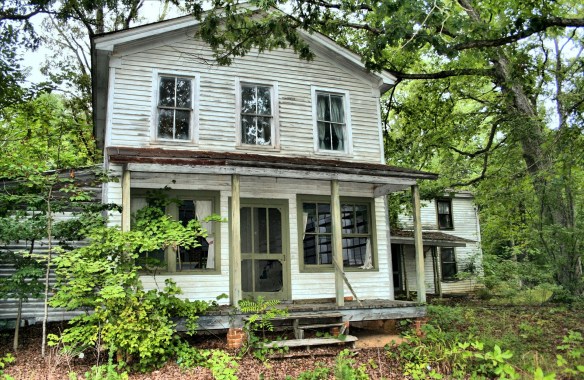Realtor.com quoted me in 4 Questions Your Agent Might Not Answer—and Why. It reads, in part,
Want to know how old the roof is on a house, or whether it uses gas or electrical heat? Your trusty real estate agent can tell you pretty much anything you need to know about a home you’re hoping to buy (or at least find answers for you). Yet if you ask your agent certain questions, you might be puzzled to hear nothing but an awkward silence. Why?
It’s not that real estate agents don’t know the answer; they probably do. It’s just that they’re correctly staying on the right side of the Fair Housing Act, which prohibits housing discrimination based on race, religion, sex, or family/economic status.
So that silence is actually a good thing—it means that your agent is conscientiously steering clear of the tinderbox issues hidden within your innocent questions.
Here are the top ones that leave them feeling tongue-tied—plus where you can actually find the answers you seek.
Question No. 1: Is this a good place to raise a family?
This question is often “a lose/lose/lose for the Realtor®,” says David Reiss, a professor at Brooklyn Law School who specializes in real estate. If an agent admits a certain area is not all that family-friendly, “it could imply that families with kids aren’t welcome.” Or, on the flip side, “if the agent says that the neighborhood is a good place for kids, that could be interpreted as saying households without kids aren’t welcome, which is another form of discrimination.”
Housing professionals who try to either encourage or discourage home buyers based on the kid question can, and do, face consequences in court.
Bottom line: Rather than get burned, a cautious agent refrains from presuming where you and your brood will thrive. So if you want to know this info, you’ll have to do your own research (more on how to do that below).
* * *
Question No. 4: How are the schools here?
Because the racial divide can also run deep in U.S. schools, “a Realtor has to be careful not to let their answer be construed as a coded message about race,” Reiss says. Rather than risk a potentially offensive miscommunication, Realtors may very well introduce you to one of many websites that rank schools—such as Great Schools and School Digger.
Another option: If you have your heart set on your child attending a certain school, download realtor.com’s mobile app, which allows you to search for homes for sale by school district.








